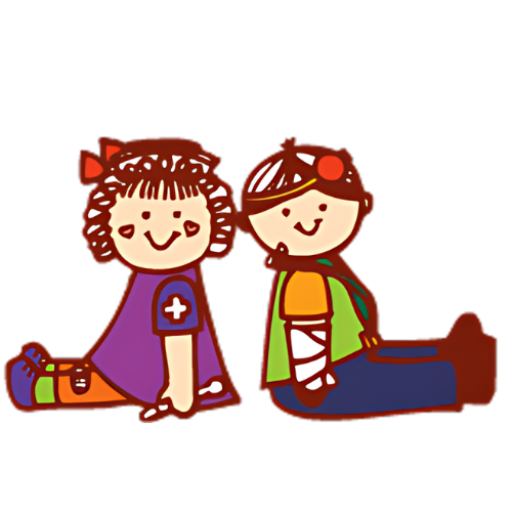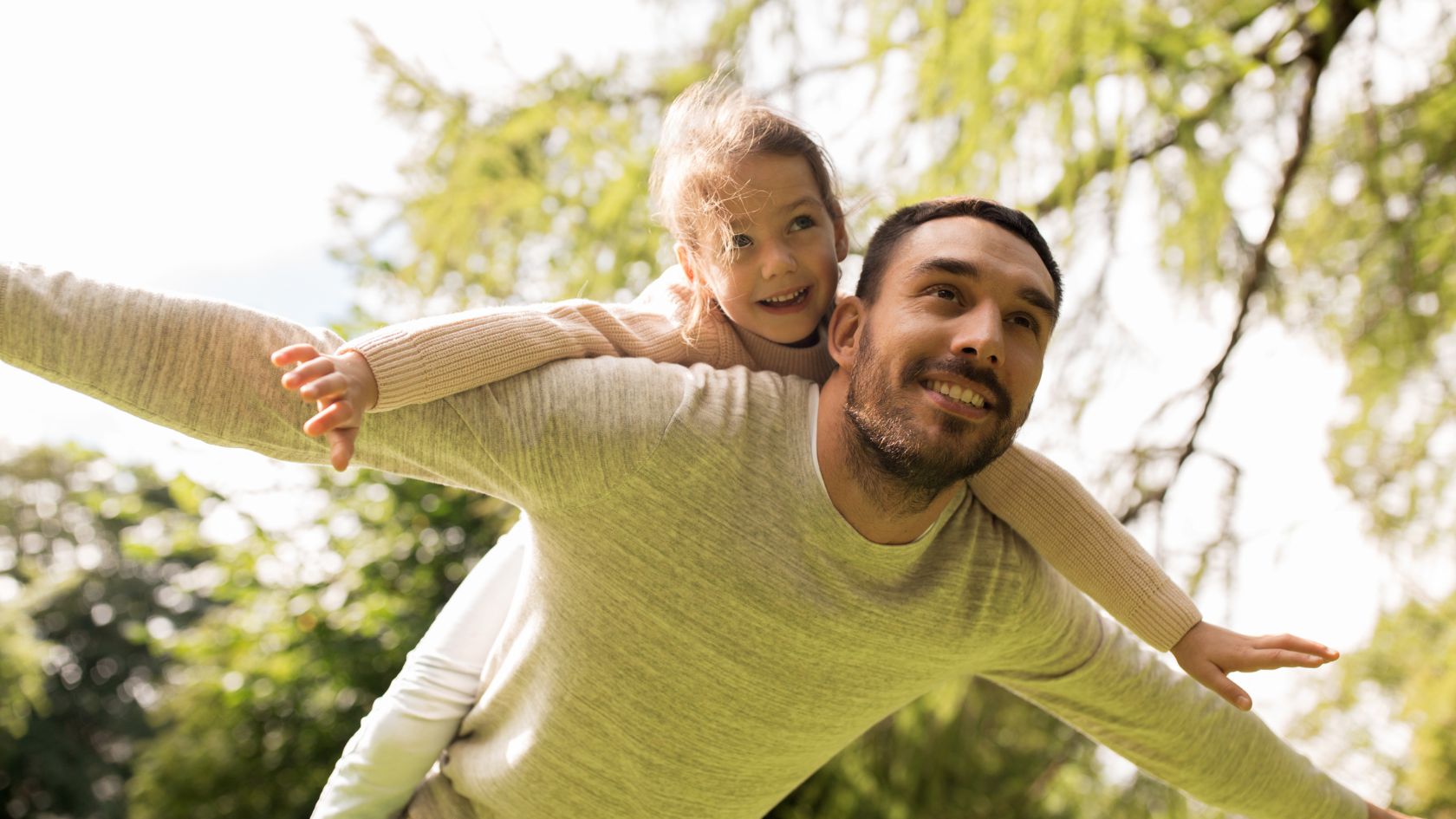Childhood development milestones are critical indicators of a child’s growth, providing parents and caregivers with essential benchmarks to monitor their child’s physical, cognitive, social, and emotional progress. Understanding these milestones helps ensure that children receive the support they need to thrive. This guide delves into the key developmental milestones from infancy through early childhood, offering insights into what to expect and when to seek professional advice.
What Are Childhood Development Milestones?
Childhood development milestones are specific skills or behaviors that most children exhibit by a certain age. These milestones cover a wide range of areas, including:
- Physical Development: Gross and fine motor skills.
- Cognitive Development: Thinking, problem-solving, and learning.
- Language Development: Communication, both verbal and non-verbal.
- Social and Emotional Development: Interaction with others, self-awareness, and emotional regulation.
While each child is unique and may develop at their own pace, these milestones provide a general framework for understanding typical development.
Infancy (0-12 Months)
Physical Development:
- Newborns begin to exhibit reflexes such as sucking, grasping, and rooting.
- By 2-4 months, babies typically start to hold their heads up, push up when lying on their stomachs, and follow objects with their eyes.
- At 6 months, most infants can roll over, sit without support, and may start crawling.
- By 9-12 months, babies often begin to pull themselves up to stand, cruise along furniture, and may take their first steps.
Cognitive Development:
- In the first few months, babies learn to recognize faces, especially their parents’, and start to explore the world through their senses.
- By 6 months, infants show curiosity about objects and begin to reach for things within their sight.
- At 9-12 months, babies often start to understand object permanence (the concept that objects still exist even when out of sight).
Language Development:
- From birth, babies communicate through crying, cooing, and making sounds.
- Around 4-6 months, they start to babble, combining consonants and vowels.
- By 9-12 months, infants may say simple words like “mama” or “dada” and understand basic commands such as “no” or “bye-bye.”
Social and Emotional Development:
- Newborns bond with their caregivers, responding to voices and being comforted by touch.
- By 6 months, babies express a wider range of emotions, smile at familiar faces, and may show stranger anxiety.
- At 9-12 months, infants often enjoy interactive play, such as peek-a-boo, and start to show preference for certain people.
Toddlerhood (1-3 Years)
Physical Development:
- By 12-18 months, most toddlers walk independently, may begin to run, and can climb onto and off furniture.
- At 2 years, children often begin to kick a ball, walk up and down stairs with assistance, and build towers with blocks.
- By 3 years, many toddlers can ride a tricycle, stand on tiptoe, and dress themselves with minimal help.
Cognitive Development:
- Around 18 months, toddlers begin to imitate others and show curiosity about how things work.
- By 2 years, they can follow simple instructions, sort objects by shape and color, and begin pretend play.
- At 3 years, children start to solve puzzles, understand the concept of time, and demonstrate an understanding of cause and effect.
Language Development:
- By 18 months, toddlers typically have a vocabulary of around 50 words and can combine two words to form simple sentences.
- At 2 years, children often speak in short phrases or sentences and can point to objects or pictures when named.
- By 3 years, most toddlers can carry on a simple conversation, use pronouns correctly, and understand prepositions like “in,” “on,” and “under.”
Social and Emotional Development:
- At 18 months, toddlers start to show more independence but may still be wary of strangers.
- By 2 years, children often engage in parallel play (playing alongside other children without interacting) and may begin to assert themselves with the word “no.”
- At 3 years, toddlers start to show empathy, take turns in games, and enjoy playing with other children.
Preschool Age (3-5 Years)
Physical Development:
- By 4 years, children can hop on one foot, catch a ball, and draw simple shapes.
- At 5 years, many children can skip, ride a bicycle with training wheels, and use scissors to cut along a line.
Cognitive Development:
- By 4 years, preschoolers can count to ten, understand the concept of same and different, and begin to recognize letters and numbers.
- At 5 years, children often start to understand the concept of time, are able to follow multi-step instructions, and can tell a simple story with a beginning, middle, and end.
Language Development:
- At 4 years, children typically use complete sentences, ask lots of questions, and can retell a familiar story.
- By 5 years, they can use future tense, understand rhymes, and have a vocabulary of around 2,000 words.
Social and Emotional Development:
- By 4 years, children often enjoy group play, begin to understand the concept of sharing, and may show concern for a crying friend.
- At 5 years, many children want to please their friends, are more likely to agree to rules, and can distinguish between reality and make-believe.
Early School Age (6-8 Years)
Physical Development:
- By 6 years, children can ride a bicycle without training wheels, tie their shoes, and have improved hand-eye coordination.
- At 7-8 years, many children develop the ability to engage in more complex physical activities like swimming or playing sports.
Cognitive Development:
- By 6-7 years, children can tell time, understand the concept of numbers, and start to grasp basic mathematical operations.
- At 8 years, they typically can read independently, write complete sentences, and understand the concept of fractions.
Language Development:
- By 6 years, children can use more complex sentences, understand jokes and riddles, and follow three-step directions.
- At 7-8 years, they often engage in more sophisticated conversations, express themselves clearly, and begin to understand abstract concepts.
Social and Emotional Development:
- By 6 years, children begin to form stronger friendships, develop a sense of humor, and may show a desire for independence from parents.
- At 7-8 years, they often become more self-aware, develop a sense of pride in their achievements, and may experience feelings of insecurity or self-doubt.
When to Seek Professional Advice
While children develop at their own pace, certain delays in reaching milestones may indicate underlying issues that require professional attention. Parents should consider consulting a pediatrician or a child development specialist if:
- A baby isn’t responding to loud noises or not following objects with their eyes by 3-4 months.
- A toddler isn’t walking by 18 months or has limited speech by 2 years.
- A preschooler isn’t engaging in pretend play or can’t follow simple instructions by 3-4 years.
- A school-age child struggles with reading or math skills or has difficulty making friends.
Early intervention is key to addressing potential developmental delays and providing the necessary support for a child’s growth and development. At Northwest Clinic for Children, our experienced team of pediatricians and child development specialists are here to guide you every step of the way.
Supporting Your Child’s Development
Parents and caregivers play a crucial role in supporting a child’s development. Here are some tips to help nurture your child’s growth:
- Provide a Stimulating Environment: Offer a variety of age-appropriate toys, books, and activities that encourage exploration and learning.
- Engage in Play: Play with your child regularly, as it fosters social skills, creativity, and cognitive development.
- Encourage Communication: Talk, read, and sing to your child daily to support language development.
- Promote Physical Activity: Encourage active play to build strength, coordination, and motor skills.
- Model Positive Behavior: Demonstrate kindness, patience, and empathy to help your child develop strong social and emotional skills.
Conclusion
Understanding childhood development milestones is essential for ensuring your child is on the right track. By staying informed about what to expect at each stage, parents can provide the support and stimulation needed to help their children thrive. Remember, while these milestones offer a general guideline, every child is unique, and variations in development are normal. If you have concerns about your child’s progress, don’t hesitate to seek professional advice.
By focusing on the key areas of physical, cognitive, language, and social-emotional development, this guide aims to empower parents with the knowledge needed to nurture their child’s growth and well-being.
For more information and expert guidance on your child’s developmental milestones, visit us at Northwest Clinic for Children.


